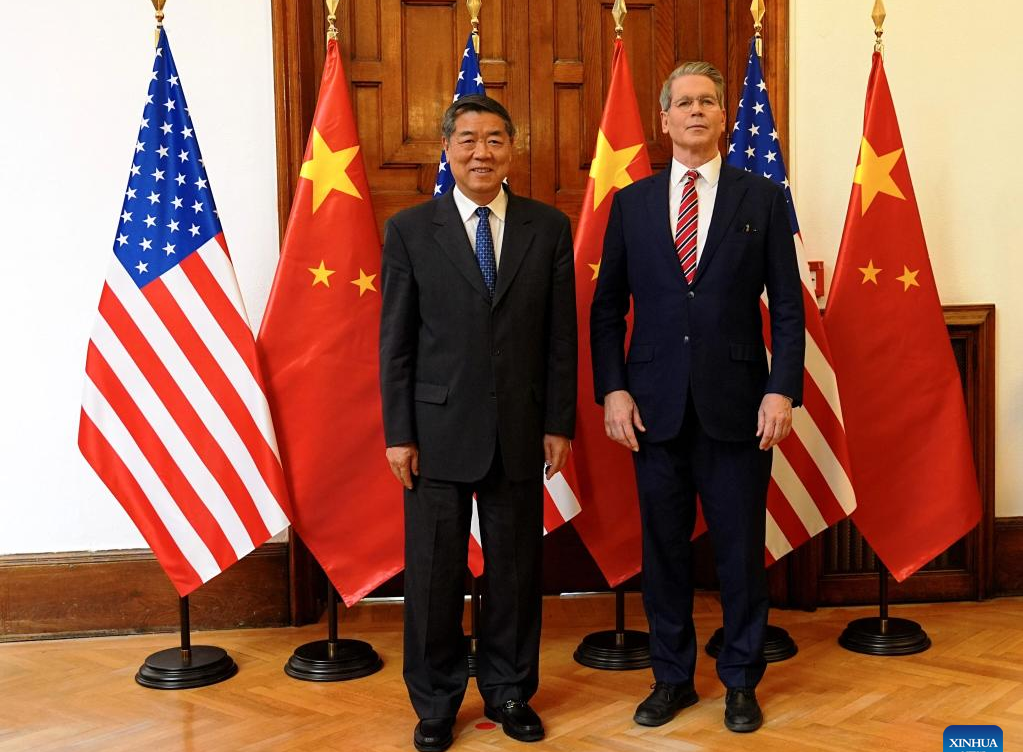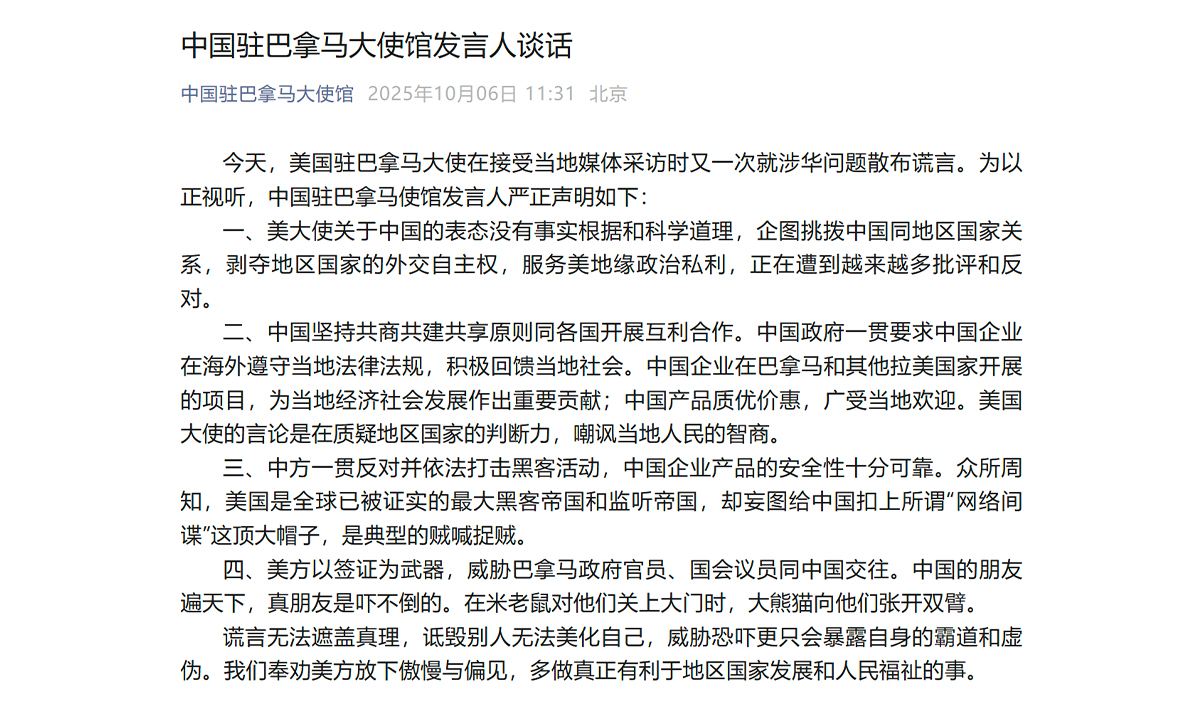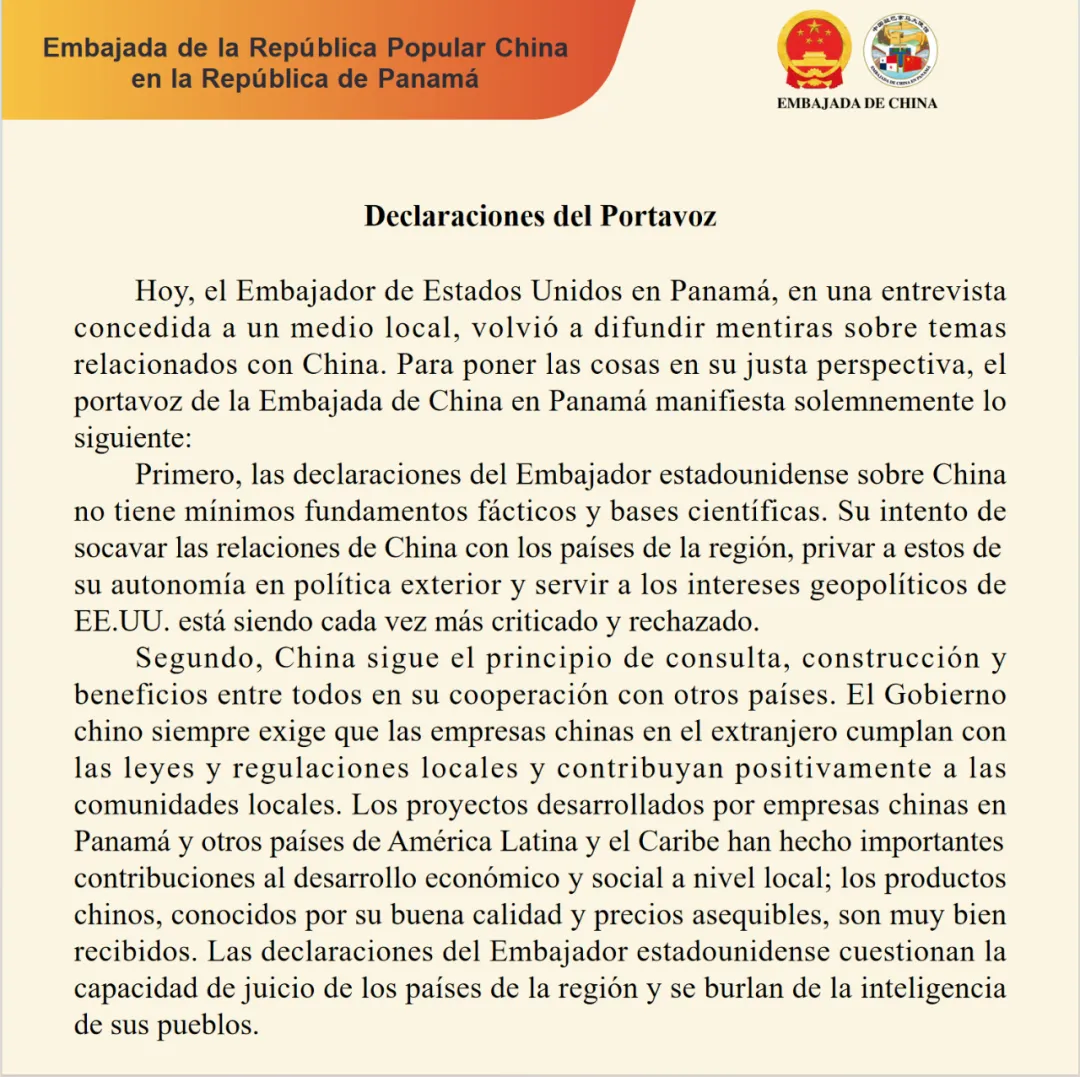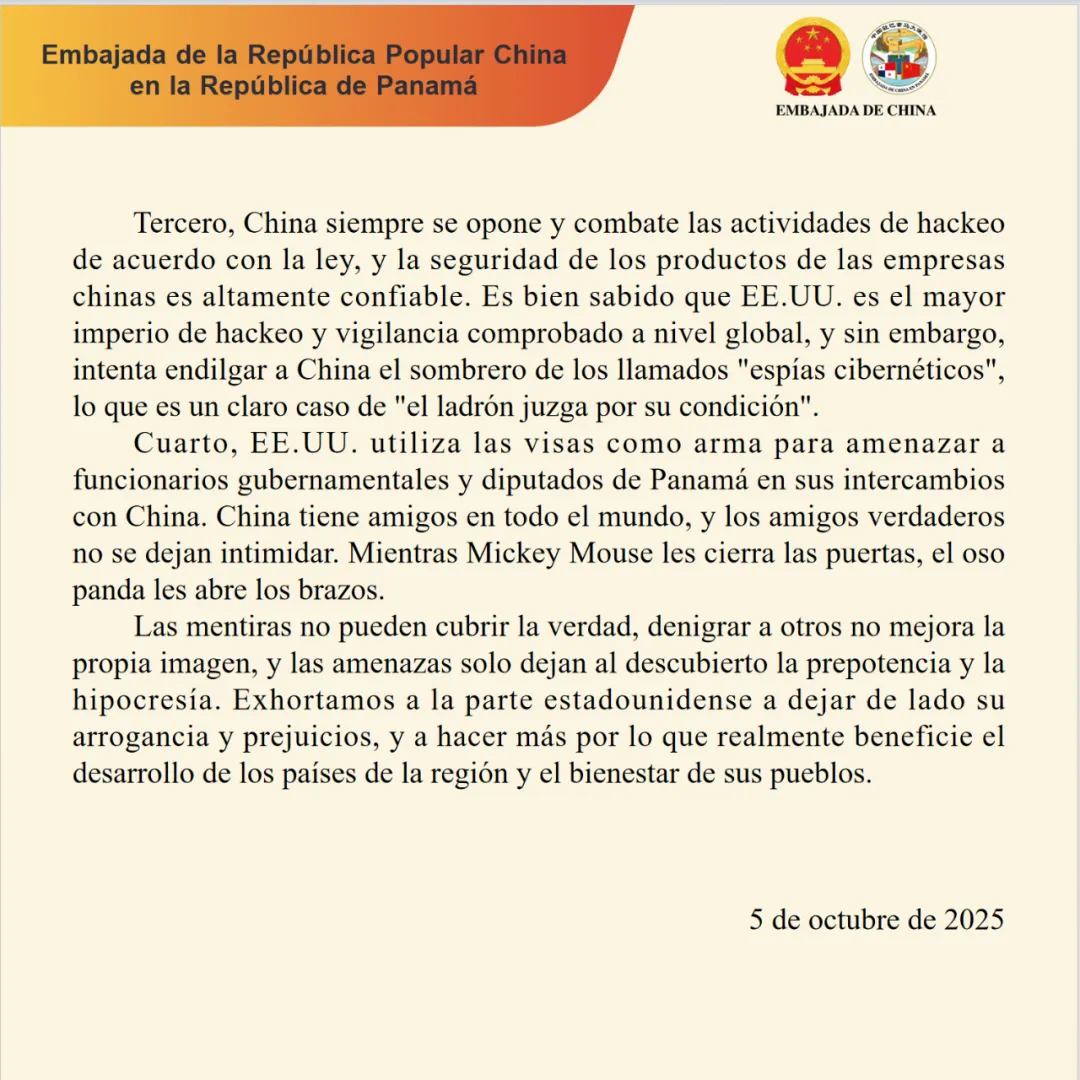Economy
Asia dismantles the silicon siege and redraws the map of global power
The Madrid round of negotiations could have resolved the issue of overcoming existing trade barriers between the US and China, but this did not happen.

Madrid as the Stage of a New Act in the “Chip War”
Europe itself looked like a mere extra in this play, habitually backing someone else’s conflict. Yet even in this role, Brussels was forced to act: the European Commission synchronized its restrictions with Washington, limiting supplies of lithography equipment and certain chips—a move that irritated European corporations whose profits depend on Asian markets. Japan and South Korea face an even more delicate balance: Tokyo supports export barriers but cannot hide its fear of losing the Chinese market, while Seoul is trying to maintain its alliance with the United States without severing critical ties with Beijing.
This tightrope walk has already become the defining feature of Seoul’s foreign policy in 2025, a balancing act that reveals more about shifting global hierarchies than official communiqués ever could.
For Washington, Madrid became a showcase of pressure; for China, a loud declaration that the era of submission to rules dictated from across the ocean is over. The outcome is clear: the conversation on trade has finally transformed into a conversation on power—on who will hold the keys to technological civilization.
U.S. Export Restrictions: Old Weapons in New Wrapping
Washington has once again pulled its rusty weapon from the archives. Export restrictions against China are presented as a “new strategy,” but in reality they are an old Cold War tactic: cut off the rival from technology and slow down its progress. This tactic works as a brake, yet history stubbornly shows that the brake often turns into a catalyst.
The White House expanded its list of prohibitions, including high-performance GPUs for artificial intelligence systems, products from NVIDIA and AMD, and further restricting access to equipment for producing advanced chips below 14 nanometers. The legal codification of these restrictions is now formally registered in the Federal Register, where 32 new entities—many of them Chinese—were added to the Entity List with immediate effect. Officially, the measures are aimed at military applications, but in practice they block entire segments of Chinese electronics.
In the 1980s, the U.S. tried to suppress Japanese electronics by erecting barriers and quotas. The result is well known: Japanese corporations only grew stronger and went on to dominate the global market. Today Washington repeats the same trick, this time against Beijing. Each sanction strengthens China’s determination to close its own technological loop, to build a system independent of American levers. But there is also an immediate result: sanctions have already raised prices for specialized chips in Asia and created supply delays for the global industry. The market pays for Washington’s political obsession. This is a carefully calculated strategy, not based on emotion, and one capable of redrawing the balance of power in the global economy.
Beijing Responds Strategically
China’s response strikes precisely at the very institutions the U.S. long considered its playthings. Anti-dumping investigations are being turned into instruments of pressure, modeled after the very templates Washington relied on for decades. The “rules-based” language once privatized by America now echoes back against its own producers.
Beijing has already launched investigations into American suppliers of analog integrated circuits—interface and driver chips critically important for consumer electronics. A second front has opened through procedures against U.S. “discriminatory measures” within the WTO, where China for the first time systematically uses international law to challenge sanctions. For now these are legal and procedural steps: not tariff wars or outright bans, but a demonstration of readiness to play the game on the institutional field.
History here feels like a mirror. For decades the West accused Asian economies of dumping, erected barriers, and invented quotas. Now China confidently plays this very game, by their own rules, and does so with composure. Washington is losing its monopoly over the interpretation of international language. Asia demonstrates not only active participation but also the ability to shape the rules—changing not only the economic landscape but also the very architecture of the global legal order.
The Supply Chain War: Weapon or Western Suicide?
After the Madrid stage, it became clear: Washington has stopped hunting individual players and has turned against the entire architecture of the global economy. Export controls have acquired a new function—they are now weapons of mass destruction of trust. In the world of trade, competition and risk are familiar, but not constant interference with the skeleton of global interconnections.
For decades, American business itself screwed bolts into Asian production chains, building factories of interdependence. Now these structures are being torn down by the very hands that built them—with the manic belief that the collapsing walls will fall obediently on China alone. Behind banners of “technology protection,” the U.S. is demolishing its own globalization, firing at the very foundation that upheld its own market.
Washington’s allies march along this suicidal path: Japan and South Korea restrict exports of chemicals and semiconductor production equipment, but within their economies irritation grows among business elites losing billion-dollar contracts. European corporations complain about the “collateral damage” of sanctions discipline, but in public they must play along. This double game creates new zones of tension—U.S. allies turn into dissatisfied vassals, ready to break away at the first convenient moment.
The consequences for the global market are already tangible: prices of graphic processors are rising, production of smartphones and server equipment is slowing, companies are revising investment plans. For now China responds without sharp strikes, but the window for countermeasures—from rare earth quotas to tariff packages—remains open. And the longer Washington plays at undermining supply chains, the greater the chance that the first truly painful blow will be aimed directly at American corporations.
The Collapse of the Old Global Technological Order
The bans with which the U.S. tries to preserve its leadership reveal the core truth: fear. The empire fears losing its monopoly on the future. Every new package of restrictions confirms the fragility of the old order. At stake is a multipolar technological world, where standards are shaped by multiple centers of power at once. This transformation is inseparable from the rise of Asia’s digital sovereignty, which is dismantling the illusion of a single Western-controlled internet and replacing it with regional architectures of power.
Washington has not changed its logic. Once the dollar was the main whip; now its place has been taken by microchips. The instrument is different, the method the same—retaining control at any cost. But allies are beginning to realize that this method leads not to prosperity but to entanglement in an expensive and futile siege. Even in Japan and South Korea, debates are intensifying about whether it is more advantageous to seek their own rules of the game than to endlessly patch holes in American strategy.
The interim assessment is obvious: China is still acting within the legal framework, without large-scale tariff offensives, but this stage is only the first chapter. Escalation may bring new rounds of global inflation, disruption of critical supplies, and a technological split—where Western corporations would be the first to lose.
The history of export restrictions is rapidly turning into the chronicle of an accelerated collapse of a technological empire that realized too late that Asia has long left the role of follower and has become a full-fledged architect of the new global stage.
Rebecca Chan, Independent political analyst focusing on the intersection of Western foreign policy and Asian sovereignty
Follow new articles on our Telegram channel








